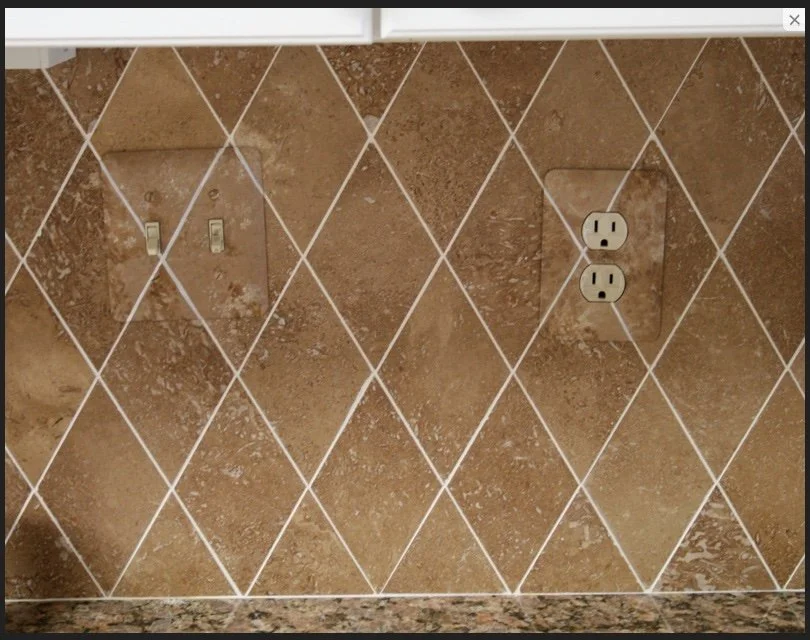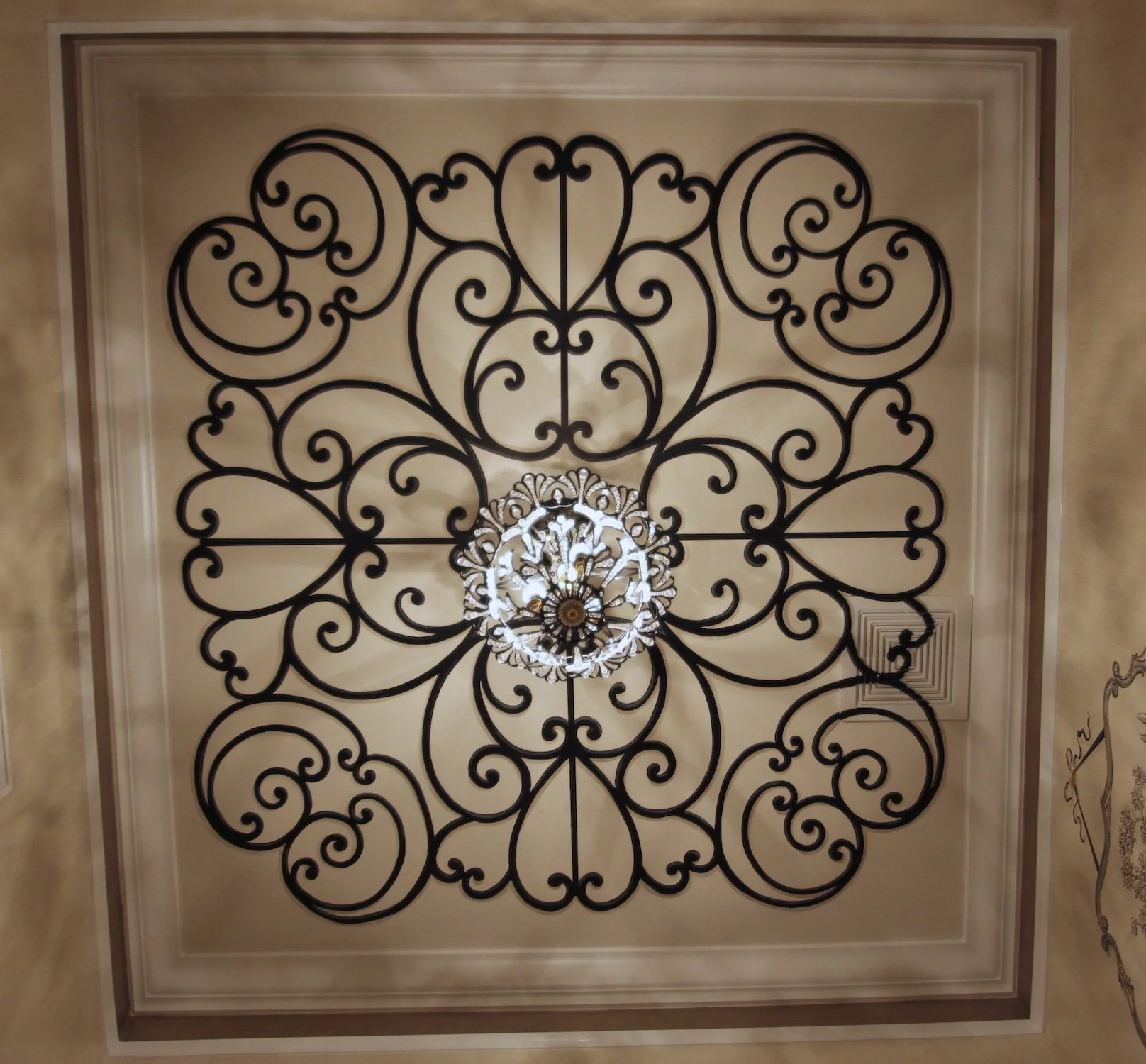Let’s Get one thing out of the way…
When it comes to discussing faux finishing, I prefer to use the term “Artistic Finishes” or “Decorative Painting”. “Faux finishing” can conjure up images of bad sponge painting or chunky, dark textures. Yikes…
I also know that someone looking for a faux finisher in Baltimore County might not consider searching for a decorative painter so let’s stick with faux finisher for the purposes of this blog post!
Faux is a French term meaning false or fake. Think of “faux fur.” It is pronounced “fo” with a long “o”, not like fox the animal.
Faux finishing is a method of painting architectural surfaces to replicate the appearance of materials such as marble, wood or stone and has come to encompass many other decorative finishes for walls and furniture besides simulating recognizable textures and surfaces.
Faux finishing involves several different techniques, so let’s explore them…
marbleized pvc column in a condo
Faux Finsihing Techniques
There is a core group of techniques or methods used that in different combinations can make up an infinite number of finishes. They include glazing, plastering, painted decoration, murals, stenciling, and gilding. There are others but this list is pretty comprehensive for our purposes.
In the finishes below, I’ve used these techniques either as stand-alone finishes or I’ve combined two or more to create a finish.
Glaze:
A glaze is a translucent layer of color applied using brushes, rags, or other tools, over an opaque painted base coat. Some examples are stippling, ragging, strie, and linen.
The best places to use a glaze are on interior walls and ceilings and on furniture.
Example of glazing on walls and mouldings to create a subtle patina. For Katie Destefano Design.
Plaster:
You’ve probably heard of plaster or may even have some in your home! Plaster is a soft mixture consisting of aggregates and binders and water for spreading on walls, ceilings, or other structures, whether they’re interior or exterior. They form a smooth hard surface when dried. Some types of plaster can even be burnished to a high sheen.
Plaster is applied using tools such as trowels, hawks, and putty knives.
Examples of different types of plaster that a faux finisher in Baltimore County can help you with include Marmorino, Venetian plaster, Stucco, Tadelakt.
Example of "Blackened Steel" finish on kitchen hood, JP Styles Interior Design (Backsplash is venetian plaster)
Painted Decoration/Murals:
Decorative painting/murals are Imagery or motifs painted using paints, either directly on a wall or affixed to the wall so as to be permanent.
Examples of decorative paintings/murals include hand-painted decorative motifs, scenic imagery, trompe l’oeil.
Hand painted plate covers to camouflage them.
Another example of painted decoration- design is taken from railing elsewhere in the home. Painted to look three-dimentional, aka "trompe l'oeil"
Example of "Glacier" finish in beach house in Ocean City Maryland, designed by Christie Leu Interiors.
Example of faux bois/woodgraining and trompe l'oil (illusion) handpainted moldings. This wall is flat except for the door frame and baseboard.
Door is painted in woodgraining to match door frame. Area on right is paint, area on left is real.
Stenciling:
Stenciling involves using a reusable material that is cut with a design so that paint or other materials can be applied to transfer the design onto the surface. Usually, stencils are repeated in some fashion.
What’s great about stenciling is that it can be applied to nearly any surface, interior or exterior.
Example of painted decoration on a ceiling
Gilding:
Gilding is a beautiful faux finishing technique in which thin metal sheets are applied to a surface to give it a metallic look and finish.
You may not know this, but just about any surface can be included, both interior and exterior.
Example of gilding- reverse painted and gilded glass, known as "Verre Eglomise"
A DIY Faux Finishing Project: How To Gild
I always love a good gilding project! The effect is show-stopping and the technique can be fairly straightforward so it’s great for a DIY. If you’re looking for a place to start, I actually have a downloadable class that shows how to create an abstract piece of art and I utilize gilding within the piece.
Materials can be found at your local craft store and you can gild just about anything.
Materials Needed: Picture frame, gilding kit, soft artist brush, water based polyurethane(Items can be found at Joann Fabrics, Michaels, or Amazon)
Starting with a small picture frame is a good beginner project
To start, paint the surface of whatever you are going to gild the exact same color as the gilding that you are using. By painting the surface, it helps to hide any missed areas of gilding.
For silver, I use grey paint and for gold, I use a yellow such as yellow ochre.
Once the base paint is dry, apply the size. Size is the glue that will hold the leaf in place. When the size comes to “tack” it’s ready to gild.
Test the size by doing a knuckle test. If your knuckle “snaps” off the size it is ready to gild
Apply your leaf by using the transfer paper and tapping down. Don’t worry about getting every nook and cranny, we’ll fix that later. Remove paper.
Once the surface is covered, use a soft brush to further tamp down the leaf to adhere.
Using the same brush, begin to clean off the excess leaf by brushing it, It will tear away - you can use these “skewings” to fill in any gaps in the leaf.
If using dutch metal (you probably aren’t using 23 karat gold!) then you will want to seal the surface with a clear polyurethane to prevent tarnishing.
Looking for a faux finisher in Baltimore county? contact Lenehan Studios
Lenehan Studios, a faux finisher in Baltimore County, specializes in unique and innovative painted solutions for interiors which include faux finishes, murals, custom fine art, children’s spaces, liturgical services, and more.










